Ting Proposes New Changes To California’s Clean Car Rebate Program
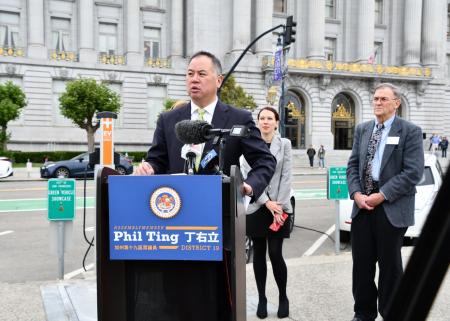
(San Francisco) – Recognizing that the state must do more to meet its greenhouse gas (GHG) reduction goals, Assemblymember Phil Ting (D-San Francisco) unveiled AB 1046 today to drastically reform the Clean Vehicle Rebate Project (CVRP), California’s existing rebate program for clean cars. The proposal gears up efforts to get more zero-emission vehicles (ZEVs) on our roads and do so at a faster pace than ever before. Modeled after the state’s solar rebate program, the revamped CVRP would initially increase the rebate amount given to consumers. Then, as market penetration grows, the rebates would decline over time.
“There is no real incentive to buy or lease a zero-emission vehicle right now if consumers know the rebate level will be the same year after year – or even worse, run out during the year,” said Ting. “But if consumers have certainty that the rebates will diminish as time goes on, they might act sooner rather than later.”
Since transportation accounts for nearly 40% of GHG emissions in California, cleaner cars are key to reducing harmful pollutants from the air we breathe and helping slow the climate crisis. Then-Governor Jerry Brown issued an Executive Order last year, calling for five million ZEVs to hit the road by 2030. California still has a long way to go – at the beginning of 2019, there were only 550,000 clean cars estimated on its roads. Reform of the rebate program envisioned through AB 1046 would spur greater adoption of ZEVs.

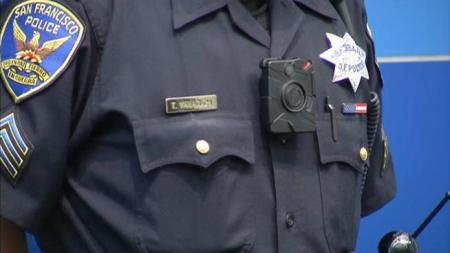
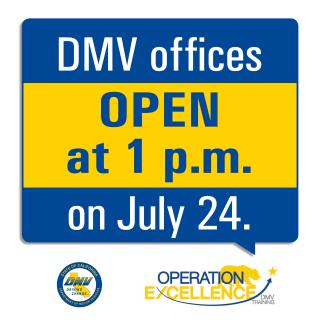
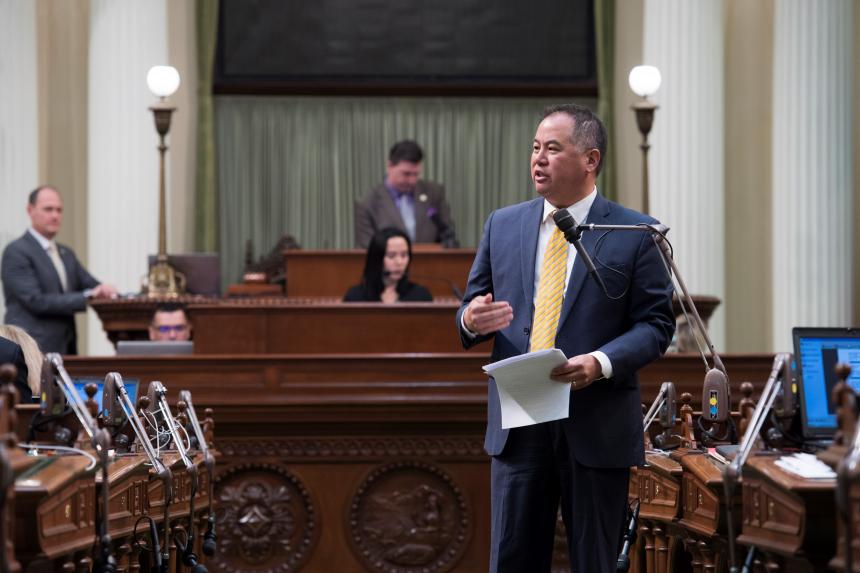
 The California State Assembly paved the way for more housing units in the state by approving three proposals by Assemblymember Phil Ting (D-San Francisco) before a key legislative deadline. Two bills (AB 68 & AB 69) encourage greater adoption of Accessory Dwelling Units (ADUs), commonly known as “in-law units” or “granny flats,” while the third, AB 1486, gives priority to more affordable housing projects when surplus public land becomes available.
The California State Assembly paved the way for more housing units in the state by approving three proposals by Assemblymember Phil Ting (D-San Francisco) before a key legislative deadline. Two bills (AB 68 & AB 69) encourage greater adoption of Accessory Dwelling Units (ADUs), commonly known as “in-law units” or “granny flats,” while the third, AB 1486, gives priority to more affordable housing projects when surplus public land becomes available.  Sacramento, CA – The California State Assembly opened the doors to employment, housing and educational opportunities for millions of Californians today by approving AB 1076, a clean slate effort by Assemblymember Phil Ting (D-San Francisco). The proposal uses technology to automate arrest and conviction relief for those already entitled to record clearance under existing law. The current system is too burdensome and expensive for most people to navigate, resulting in barriers to re-entering society.
Sacramento, CA – The California State Assembly opened the doors to employment, housing and educational opportunities for millions of Californians today by approving AB 1076, a clean slate effort by Assemblymember Phil Ting (D-San Francisco). The proposal uses technology to automate arrest and conviction relief for those already entitled to record clearance under existing law. The current system is too burdensome and expensive for most people to navigate, resulting in barriers to re-entering society.
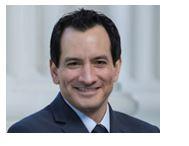
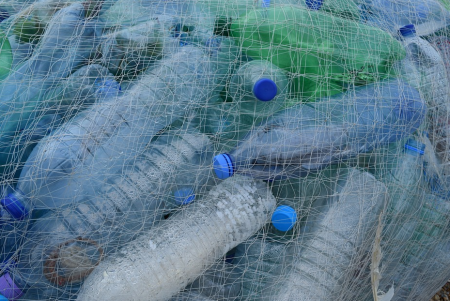 Sacramento – In a move to help reduce litter and boost demand for used plastic materials, the California State Assembly today approved AB 792, a proposal by Assemblymember Phil Ting (D-San Francisco) that phases-in the minimum amount of recycled materials plastic beverage bottles must contain.
Sacramento – In a move to help reduce litter and boost demand for used plastic materials, the California State Assembly today approved AB 792, a proposal by Assemblymember Phil Ting (D-San Francisco) that phases-in the minimum amount of recycled materials plastic beverage bottles must contain.